View all filters
Clear
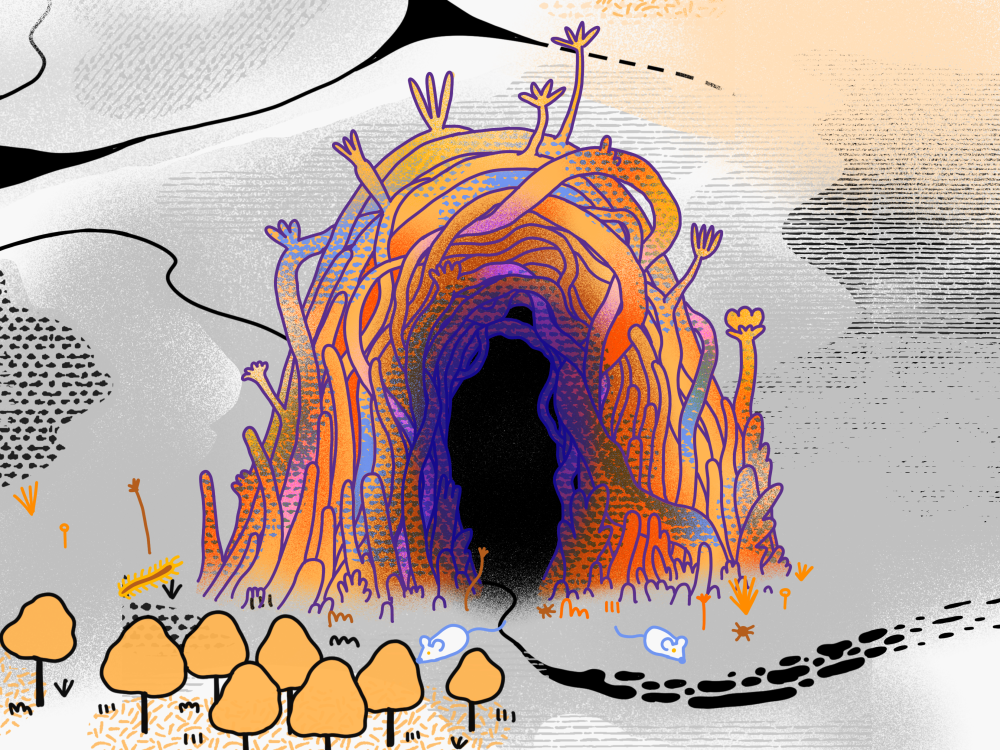
Where the Wild Things Grow
Celebrate our ecological and ritual connections with Mother Earth and the cosmos
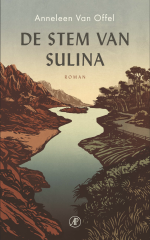
Sulinin glas
Translated from
Dutch
to
Slovenian
by Lucija Janc Novak
Written in Dutch by Anneleen Van Offel
6 minutes read
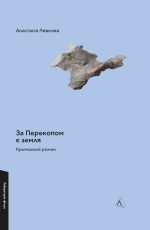
Bajo el cielo de Crimea
Translated from
Ukranian
to
Spanish
by Alina Petryk
Written in Ukranian by Anastasia Levkova
9 minutes read
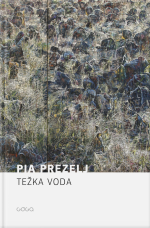
Zwaar water
Translated from
Slovenian
to
Dutch
by Marieke Haenebalcke
Written in Slovenian by Pia Prezelj
10 minutes read

Přibližně v ten samý okamžik mě pohltilo město
Translated from
Ukranian
to
Czech
by Adéla Mikešová
Written in Ukranian by Anastasia Levkova
8 minutes read
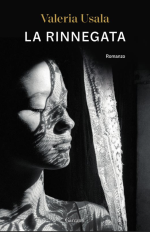
Odrzucona
Translated from
Italian
to
Polish
by Amina Niepsuj-Wood
Written in Italian by Valeria Usala
8 minutes read

Тежка вода
Translated from
Slovenian
to
Bulgarian
by Dimana Miteva
Written in Slovenian by Pia Prezelj
9 minutes read

La voce di Sulina
Translated from
Dutch
to
Italian
by Matilde Soliani
Written in Dutch by Anneleen Van Offel
7 minutes read

Гласът на Сулина
Translated from
Dutch
to
Bulgarian
by Elissaveta Manolova Maciel
Written in Dutch by Anneleen Van Offel
7 minutes read
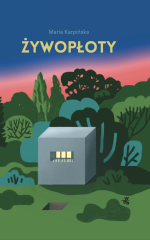
Živý plot
Translated from
Polish
to
Czech
by Agnieszka Buchtová
Written in Polish by Maria Karpińska
10 minutes read
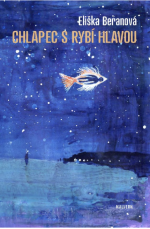
Băiatul cu cap de pește
Translated from
Czech
to
Romanian
by Andrei Săndulescu
Written in Czech by Eliška Beranová
9 minutes read
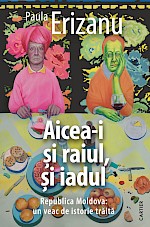
Uy, nenas (It’s Both Heaven and Hell Here. Moldova: a Century of Lived History)
Translated from
Romanian
to
Spanish
by Borja Mozo
Written in Romanian by Paula Erizanu
9 minutes read

Fant z ribjo glavo
Translated from
Czech
to
Slovenian
by Aleš Belšak
Written in Czech by Eliška Beranová
8 minutes read

Хлопець з риб’ячою головою
Translated from
Czech
to
Ukranian
by Olha-Anastasiia Futoran
Written in Czech by Eliška Beranová
8 minutes read

Имало едно време Крим
Translated from
Ukranian
to
Bulgarian
by Dayana Gocova
Written in Ukranian by Anastasia Levkova
8 minutes read

Гей, дівчата (It’s Both Heaven and Hell Here. Moldova: a Century of Lived History)
Translated from
Romanian
to
Ukranian
by Paulina-Ionela Onujec
Written in Romanian by Paula Erizanu
6 minutes read

Il ragazzo con la testa di pesce
Translated from
Czech
to
Italian
by Marco Maria Baù
Written in Czech by Eliška Beranová
9 minutes read

Renegata
Translated from
Italian
to
Romanian
by George Doru Ivan
Written in Italian by Valeria Usala
9 minutes read

De jongen met het vissenhoofd
Translated from
Czech
to
Dutch
by Lysanne Aarsman
Written in Czech by Eliška Beranová
10 minutes read

Ciężka woda
Translated from
Slovenian
to
Polish
by Aleksandra Wójcik
Written in Slovenian by Pia Prezelj
8 minutes read

Un roman despre Crimeea
Translated from
Ukranian
to
Romanian
by Jessica Bilcec
Written in Ukranian by Anastasia Levkova
9 minutes read